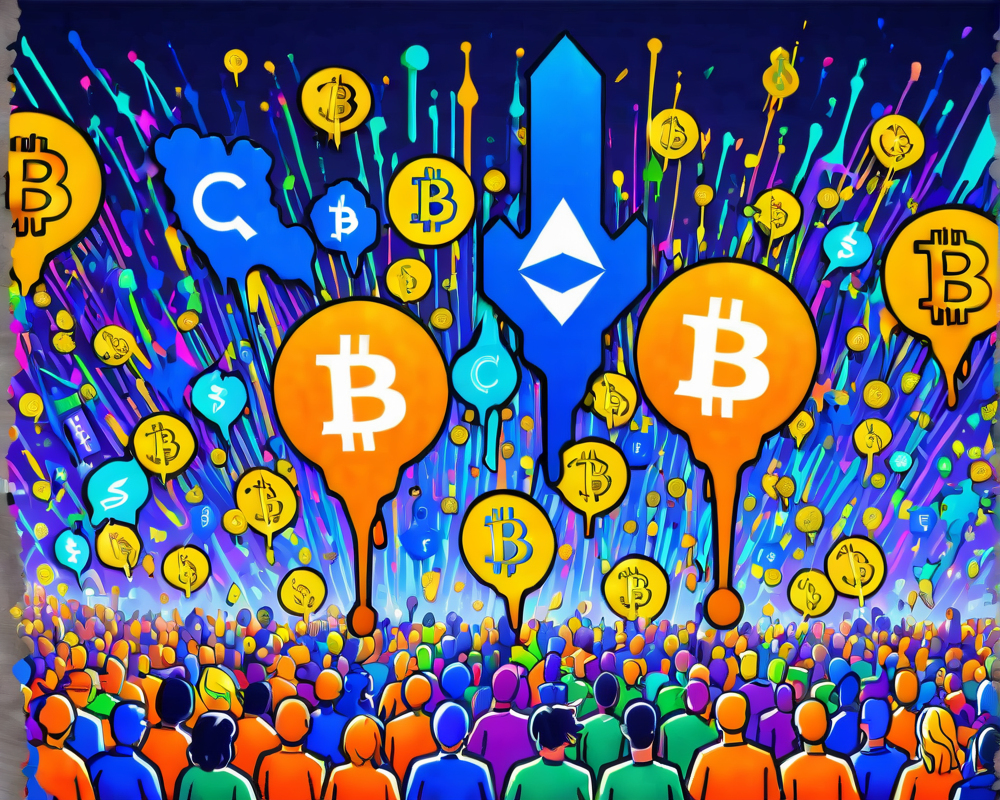Coinbase’s IPO: A Sign of Maturity
The buzz surrounding Coinbase’s IPO is palpable, with Fortune Magazine calling it a “milestone for the crypto industry.” Much like Netscape’s debut in the 90s hinted at the internet’s legitimacy, Coinbase’s public offering indicates that cryptocurrency trading is now seen as both legal and secure by the Securities and Exchange Commission (SEC). This could lead many to believe investing in Coinbase is akin to investing in the very future of crypto trading.
Market Fragmentation: A Complicated Landscape
Despite Coinbase being the highest-volume crypto exchange in the U.S., accounting for only 2.1% of global trading volume raises eyebrows. When you realize that the top five exchanges collectively control only 41% of the total global trading volume, it becomes clear that the crypto trading market is a fragmented puzzle with no single piece capable of fitting anywhere else.
Global Comparisons
In comparison to traditional markets, the divide is stark. The New York Stock Exchange eclipses Coinbase’s volume by more than 12 times! Let’s face it, if only 3% of the global trading volume is captured by American exchanges, something’s awry in this digital wonderland.
The DEX Revolution: A New Frontier
Centralized exchanges like Coinbase and Binance are not the whole story. Enter Decentralized Exchanges (DEXs), which operate on the principle of peer-to-peer trades. DEX’s trading volume is climbing, and at one point, platforms like Uniswap outstripped Coinbase’s trading volumes despite operating with a mere handful of employees. While DEXs may offer benefits in terms of security, they are hindered by slower processes and high fees, making them less appealing to institutional traders.
Institutional Needs Unmet
While the flexibility of DEXs can be enticing, institutional traders often grapple with the absence of stringent Know Your Customer (KYC) protocols, leading to skepticism regarding the safety of these new platforms.
Trading Challenges and Market Dynamics
The current structure of crypto trading lacks a unified global marketplace, resulting in inefficiencies that leave professional traders underserved. The absence of a reliable Best Bid and Offer (BBO) leads to higher spreads and generally inefficient markets. In a nutshell, trading Bitcoin on Coinbase is akin to trying to sell apples at a grocery store that only serves local clientele—you’re missing out on the rest of the world’s apple lovers.
Looking Ahead: The Need for Development
The industry is at a crossroads; if digital assets are to truly thrive, there’s a need for platforms that can collectively unify trading standards while ensuring compliance with global regulations. As we push forward, only those who innovate and create an interconnected trading environment stand a chance at sustaining success in this growing field.




